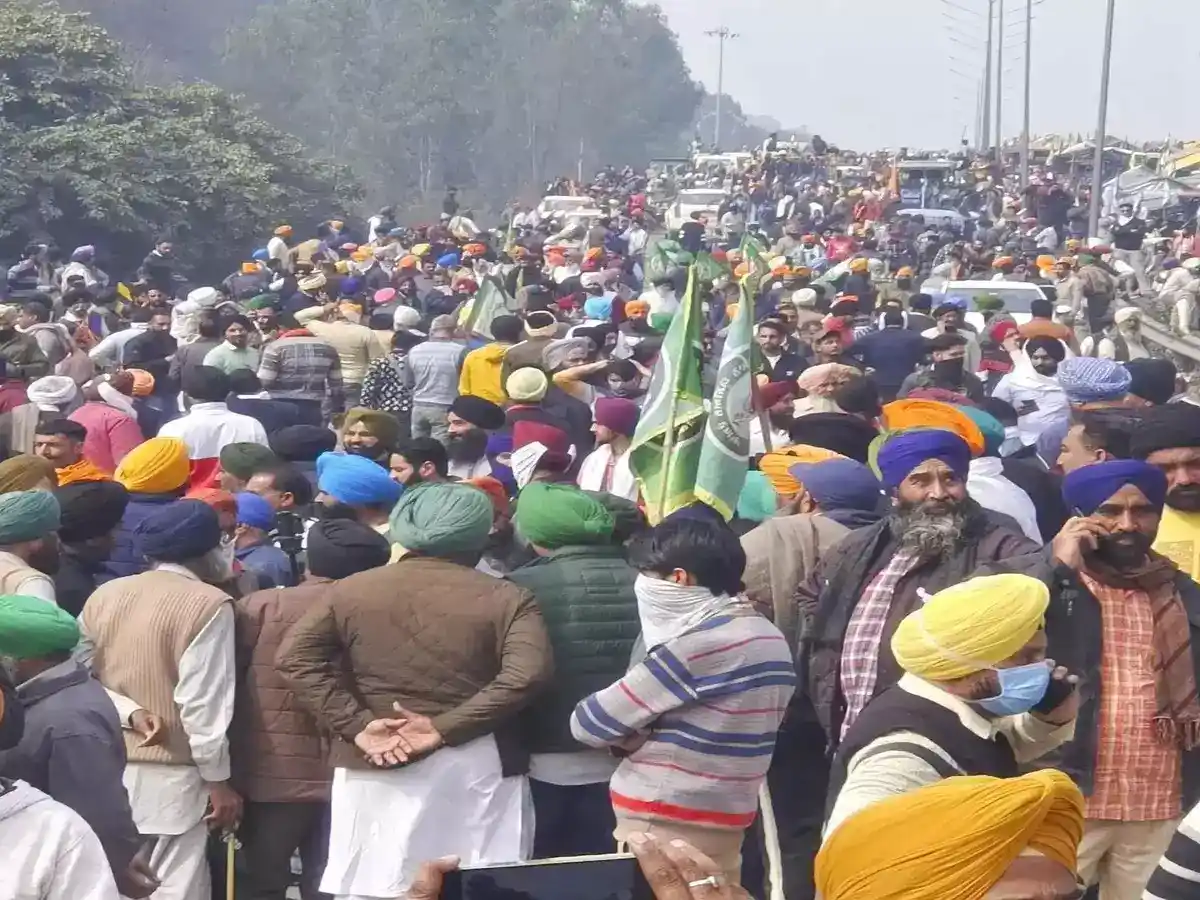Bharatiya Kisan Sangh has launched an opposition against the central government’s creation of a nationwide GM policy. The Kisan Sangh has stated that farmers’ input should be considered before establishing a policy on genetically modified crops. To achieve this goal, Bharatiya Kisan Sangh has launched a nation-wide public awareness initiative.
The Bharatiya Kisan Sangh is presenting memorandums to MPs of the Lok Sabha and Rajya Sabha at over 600 district centers, as per their statement. In these written communications, the Sangh states that the GM policy should be deliberated in the Lok Sabha and Rajya Sabha during the upcoming winter session, in order to formulate a national policy taking into consideration the overarching ideology.
In July, the Supreme Court mandated the Central Government, in consultation with all stakeholders, to develop a GM policy and complete it within four months, as stated by Mohini Mohan Mishra, All India General Secretary of the Kisan Sangh. Nevertheless, Mishra claimed that farmers have not been contacted by the government or any committee yet, which raises concerns about the approach being used.
Despite three months passing since the Supreme Court’s ruling, the government’s GM policy committee has yet to seek input from stakeholders. Farmers’ unions and other stakeholders claim that the government is intending to introduce GM crops in India without conducting sufficient research, which could have negative effects on the health of farmers and the public.
Raghvendra Singh Patel, the National Publicity Chief of Bharatiya Kisan Sangh, stated that memos are being given to lawmakers in over 600 districts. Farmers have asked for the issue to be discussed in winter sessions and a thorough conversation about GM policy, for the progress of India’s agriculture sector in a secure and inclusive manner.
The Bharatiya Kisan Sangh has put pressure on the central government regarding this matter and has called for a comprehensive and inclusive feedback from stakeholders on the GM crops policy nationwide. It is now up to the government to show how they will react to this situation, and if there will be any adjustments to the policy with the farmers’ worries in mind.

